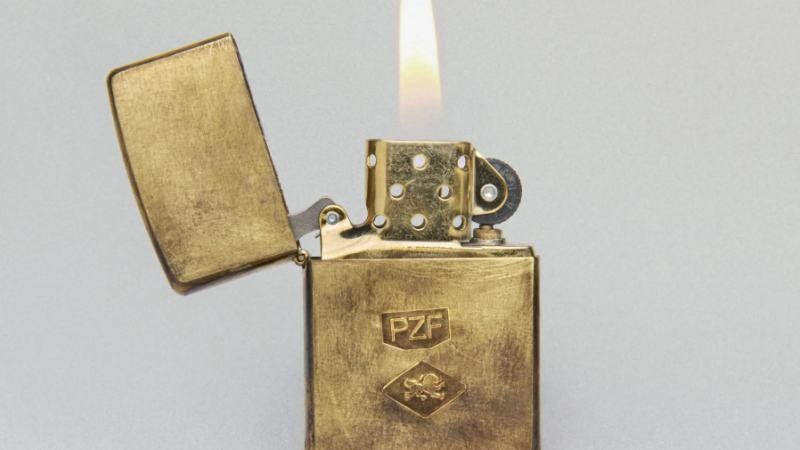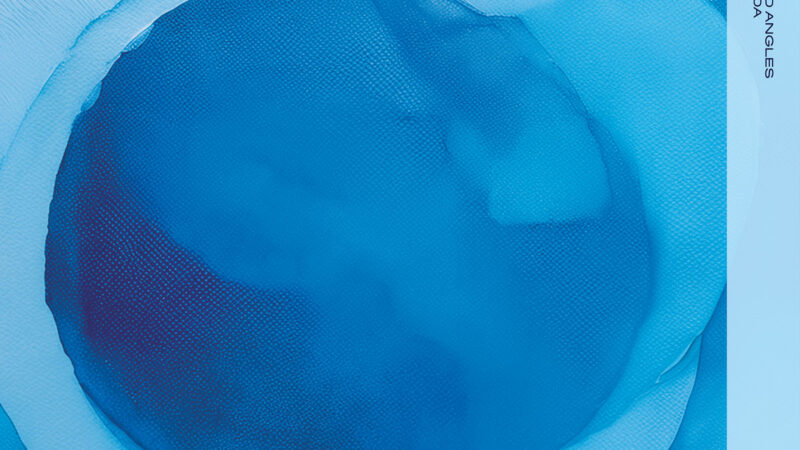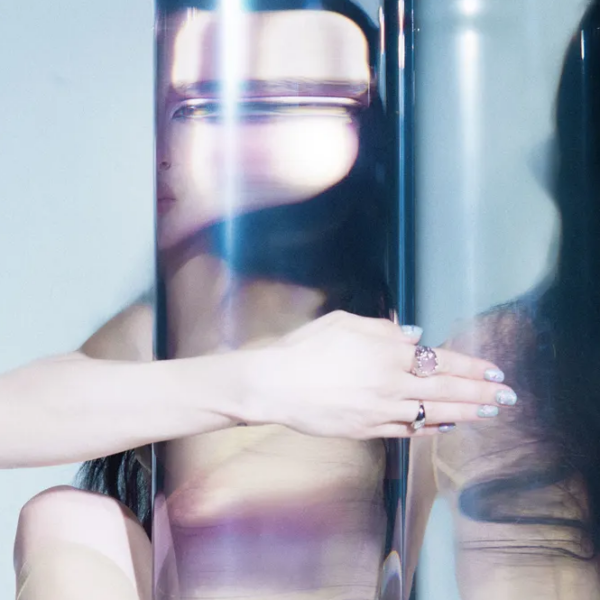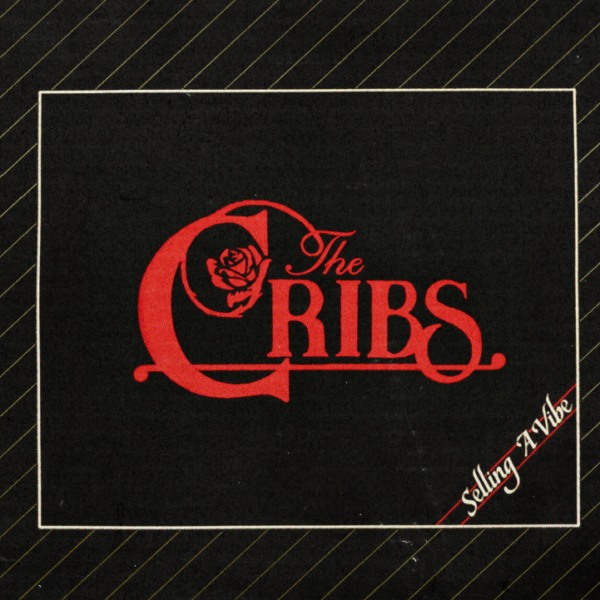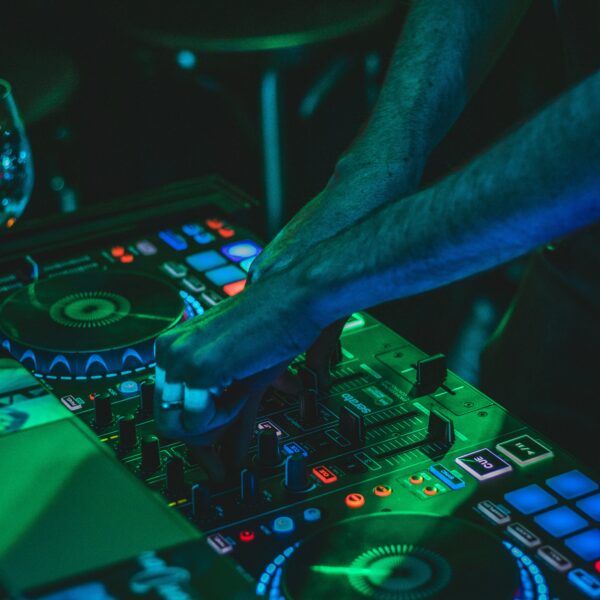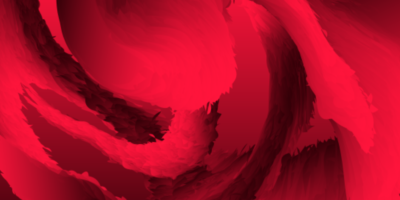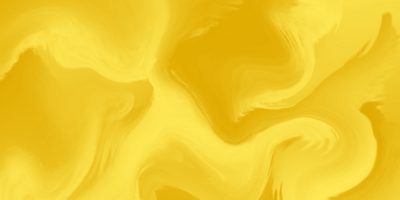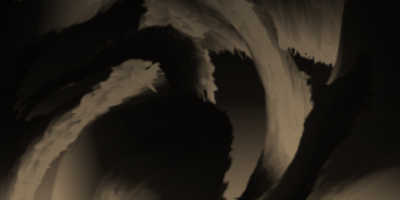Review: Khruangbin ‘A LA SALA’
“‘A La Sala,’ I used to scream it around my house when I was a little girl, to get everybody in the living room; to get my family together. That’s kind of what recording the new album felt like. Emotionally there was a desire to get back to square-one between the three of us, to where we came from–in sonics and in feeling. Let’s get back there.” – Laura Lee Ochoa
“A La Sala” (“To the Room” in Spanish), Khruangbin’s fourth studio album, serves as a journey backward to propel forward, charting their own course. It maintains the enigmatic allure central to bassist Laura Lee Ochoa, drummer Donald “DJ” Johnson, Jr., and guitarist Mark “Marko” Speer’s musical approach. While their last studio album, 2020’s “Mordechai”, was a celebratory affair followed by a post-lockdown tour that solidified the band’s musical reputation, “A La Sala” represents a more measured reflection. It’s an ethereal album crafted solely in the company of the group’s longtime engineer Steve Christensen, with minimal overdubs. It offers a glimpse into the essence powering Khruangbin’s vision, a reimagining and refueling for the journey ahead. “A La Sala” downsizes Khruangbin to expand, a strategic move with future endeavors in mind.
Moreover, it responds to the unique juncture Khruangbin currently finds itself in: after a decade of forging extraordinary musical paths, embarking on a year marked by performances for larger audiences in more iconic venues, showcasing a live experience that embodies their singular creative vision. (Catch the band at major festivals and venues near you.) 2024 serves as both a milestone and a turning point, solidifying Khruangbin’s status as a commercially and critically acclaimed group guided by boundless creative potential.
Such pivotal moments are familiar to iconic artists throughout the rock era—Dylan, Stevie, Bowie, up to Radiohead at the turn of the century—all have navigated similar waters. With “A La Sala,” Khruangbin delves deeper into exploration, eschewing the noise of audience expectations to chart a personal course home. The trio’s collective musical DNA, cultivated over years in Houston’s rich cultural tapestry, ensures they continue to sound like no one but themselves. “A La Sala” may indeed be Khruangbin’s most distilled expression yet. Marko’s reverberating electric guitar still weaves a cascade of crisp melodies, dancing effortlessly around Laura Lee’s minimalist dub-inspired bass lines, while DJ’s drums anchor the groove with unwavering precision.
Where previous albums hinted at sonic experimentation—spaghetti western film scores, found sounds, moments of intimate living room jams—these elements now feel like familiar companions. This is who they are! Yet there’s a renewed sense of instrumental interplay on “A La Sala” that prioritizes depth over expansion. This depth isn’t about introspective soul-searching but rather a profound appreciation for the wonders of the world around us.
“A La Sala” invites listeners to an intimate intercontinental celebration. The first single, aptly titled A Love International, sets the tone with velvet basslines and blissfully sweet guitar melodies . Pon Pón transports listeners to a West African discotheque, where the intricate interplay between bass, drums, and guitar evokes knowing nods of approval.
Hold Me Up (Thank You) exudes familial warmth, riding on a sturdy funk shuffle laid down by the rhythm section, while Marko’s guitar evokes transatlantic influences with understated finesse. The album’s building blocks were culled from Khruangbin’s creative vault, comprising off-the-cuff recordings made during sound checks, long journeys, and moments of serendipitous inspiration. Assembling these pieces in the studio, layer by layer, yielded new sonic territories. Field recordings, a staple of Khruangbin’s early albums, return as well, seamlessly woven into the fabric of “A La Sala”.
Some tracks, like “Three From Two” and “May Ninth,” evoke a wistful Americana vibe, blending guitar melodies reminiscent of Bakersfield with nostalgic riverbank imagery. Others, like Farolim de Felgueiras and Caja de la Sala, explore ambient spaces, pairing Marko’s evocative guitar with Laura Lee’s ethereal Moog textures, overlaid with sounds of footsteps on stone steps and cicadas in the distance. The album’s closing track, “Les Petits Gris,” encapsulates this ambient ethos, with a simple piano melody and a plaintive guitar echoing the melody of a music box.
This domestic homecoming exudes comfort and familiarity, wherever in the world you may find yourself discovering Khruangbin’s great return.
